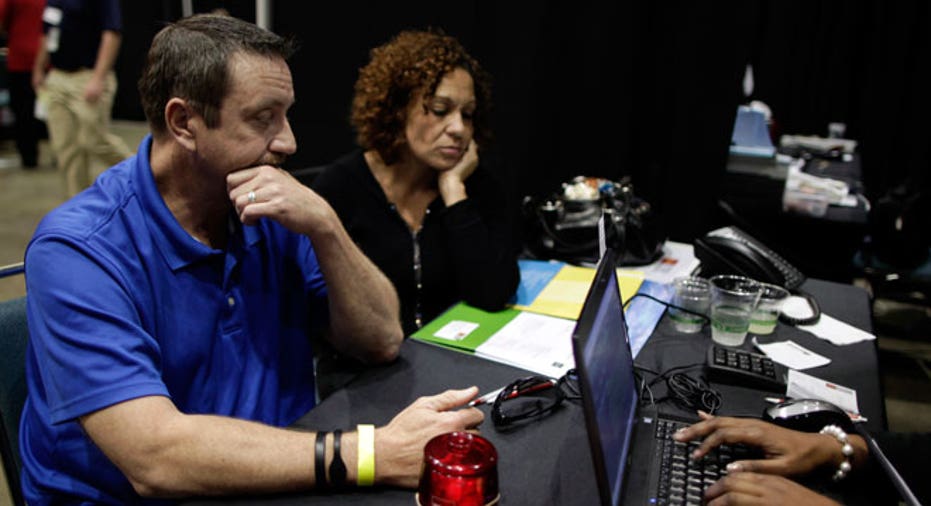What to Review in HOA Documents When Buying

When you buy a property in a common interest development — an HOA — you are not just buying your particular unit. You also are buying into a larger entity that typically owns the building structure, the roof, the parking garage, the clubhouse, the pools, etc.
As with any real estate purchase, there are many issues and risks, but when you are buying into an HOA-governed community, you add on a whole new layer of things that you need to consider before purchasing.
When you ratify a purchase contract for a unit in an HOA, the seller gives you the right to see the related financial, legal and operational documents of the HOA. Escrow orders them for you to review; unfortunately the buyer usually receives the documents very late in the escrow process — almost always too late to adequately assess them.
To make it even tougher, a proper HOA analysis is an overwhelming task, even for an expert. And if you do find a major issue that causes you to cancel your purchase, you’ve probably already paid for a home inspection, appraisal and the HOA documents fee, and you don’t get that $750-$1,250 in costs back.
So what’s a buyer to do? Here are a healthy portion of the documents — but not all of them — that you should review when purchasing, and why.
HOA bylaws, board meeting minutes, newsletters
These documents will alert you to special unit or building issues, such as restrictions on short-term rentals or pets, insurance issues, building construction quality and all the rules you’ll need to live by.
Demand statement
This will tell you whether there are any unpaid HOA fees, unit violations that may need to be resolved, etc.
Reserve study
This will tell you how much money is saved for paying for long-term repairs. Your HOA fees cover operating expenses and savings for roofs, streets, painting, etc. The reserve study tells you how much the community should have saved for those capital repairs and replacements and how much is actually saved. Usually, less is saved than what the reserve expert says should be, so when the bill comes due, all the HOA unit owners may split the costs in a special assessment.
Financial statements and budgets
This will show you whether the HOA is collecting enough money to pay its bills and whether it is putting away money for reserves.
Insurance master policy binder
This will tell you what the HOA insurance covers. You should take this to your insurance agent to see what is not covered, so you can get the proper coverage for yourself. By the way, always have an HO-6 interior unit policy in place, whether a personal residence or rental property. Discuss this with your agent.
Use the Internet
A few Internet searches might alert you to financial and other issues you need to know. Type the address and community name into a search engine and see what you find.
Read More From Zillow:
- 3 Types of Costs on Good Faith Estimates
- The Ins and Outs of Homeowner’s Insurance
- Should You Review Title Report Before Purchasing?
Leonard Baron, MBA, CPA, is a San Diego State University Lecturer, a guest blogger on Zillow.com, the author of several books including “Real Estate Ownership, Investment and Due Diligence 101”, and loves kicking the tires of a good piece of dirt! See more at ProfessorBaron.com.



















